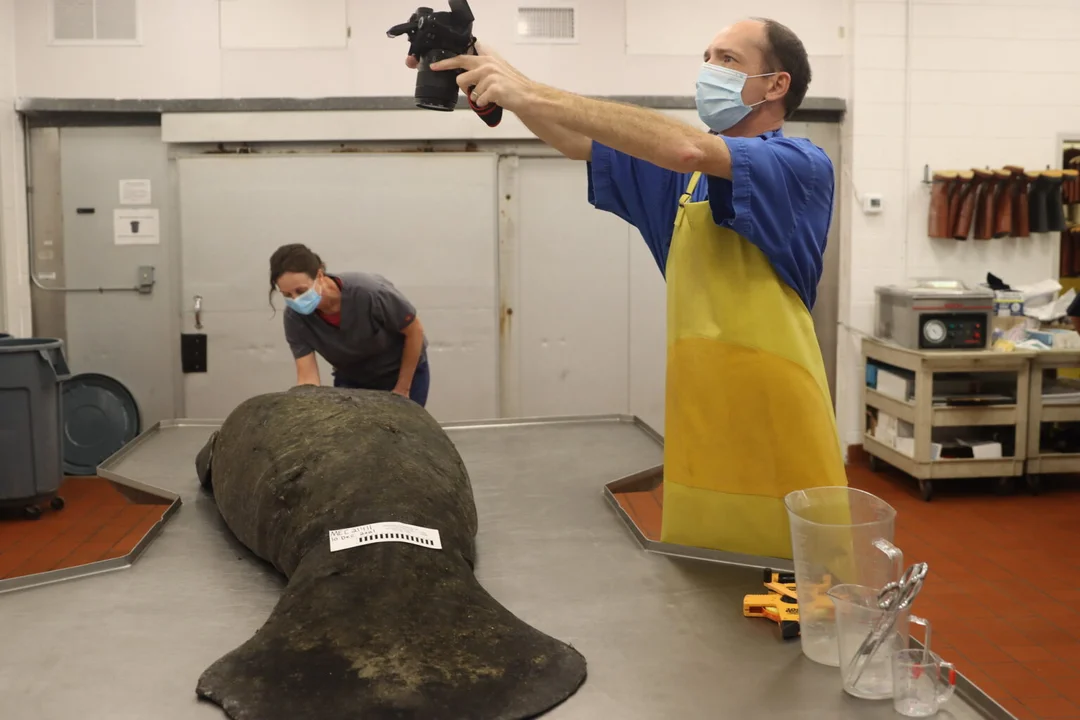
The Tragic Manatee Die-Off: A Wake-Up Call for Florida’s Environmental Responsibility
In a shocking legal verdict earlier this month, a Florida judge ruled that the state’s Department of Environmental Protection (DEP) is responsible for the tragic death of nearly 2,000 manatees, a violation of the Endangered Species Act. This ruling highlights not only the dire consequences of human negligence but also the critical need for accountability in safeguarding vulnerable wildlife.
The plaintiffs, Bear Warriors United, filed the lawsuit against the DEP, asserting that its failure to protect the seagrass, vital for manatees’ survival, led directly to this ecological catastrophe. As the seagrass beds in Florida’s Indian River Lagoon—once a thriving habitat—died off due to excessive pollution, the situation became increasingly untenable, culminating in a starvation crisis among manatees.

Marine scientist Peter Barile described the lagoon's unfortunate transition: “The water used to be clear and the seagrass abundant. Now the lagoon is dominated by harmful macroalgae.” This alarming change is attributed to years of unchecked pollution, particularly from leaky septic tanks, leading to the devastating algae blooms that decimated the seagrass. The DEP had been warned repeatedly about these consequences but failed to act effectively.
In light of the ruling, Katrina Shadix, founder of Bear Warriors United, declared it a significant victory for environmental justice in a state often hostile to such causes. “This is a big victory in a state where it’s so hard to ever win anything for the environment in court,” she stated. But the question remains: What are the repercussions for the DEP?

As the DEP navigates the aftermath of this decision, critics emphasize the need for more profound changes in environmental policy and stewardship. U.S. District Judge Carlos Mendoza succinctly noted that compliance with one regulation does not excuse violations of another, particularly concerning the protection of endangered species. “The conditions that caused the die-off haven’t changed much,” he warned.
Looking forward, it is crucial for Florida to re-evaluate its environmental policies, especially in light of the evident failure to protect its wildlife. While some may see the ruling as a judicial triumph, the true victory will manifest only when legislative changes ensure no further manatee deaths occur. Will Florida finally take the necessary steps to prevent another manatee die-off? The time for action is now.
Share your thoughts on this pressing issue in the comments below. Are you hopeful for future changes that protect our endangered species?